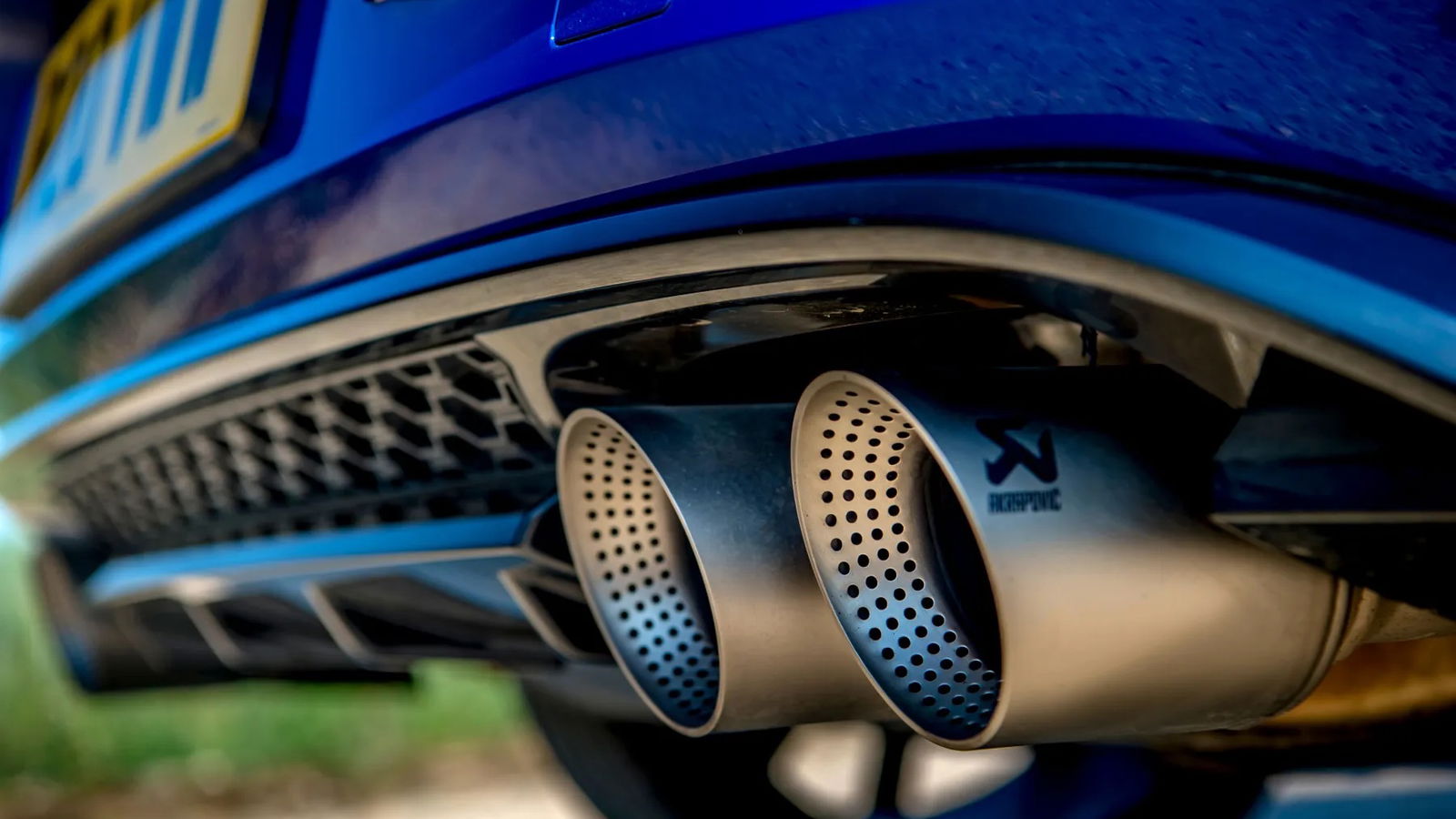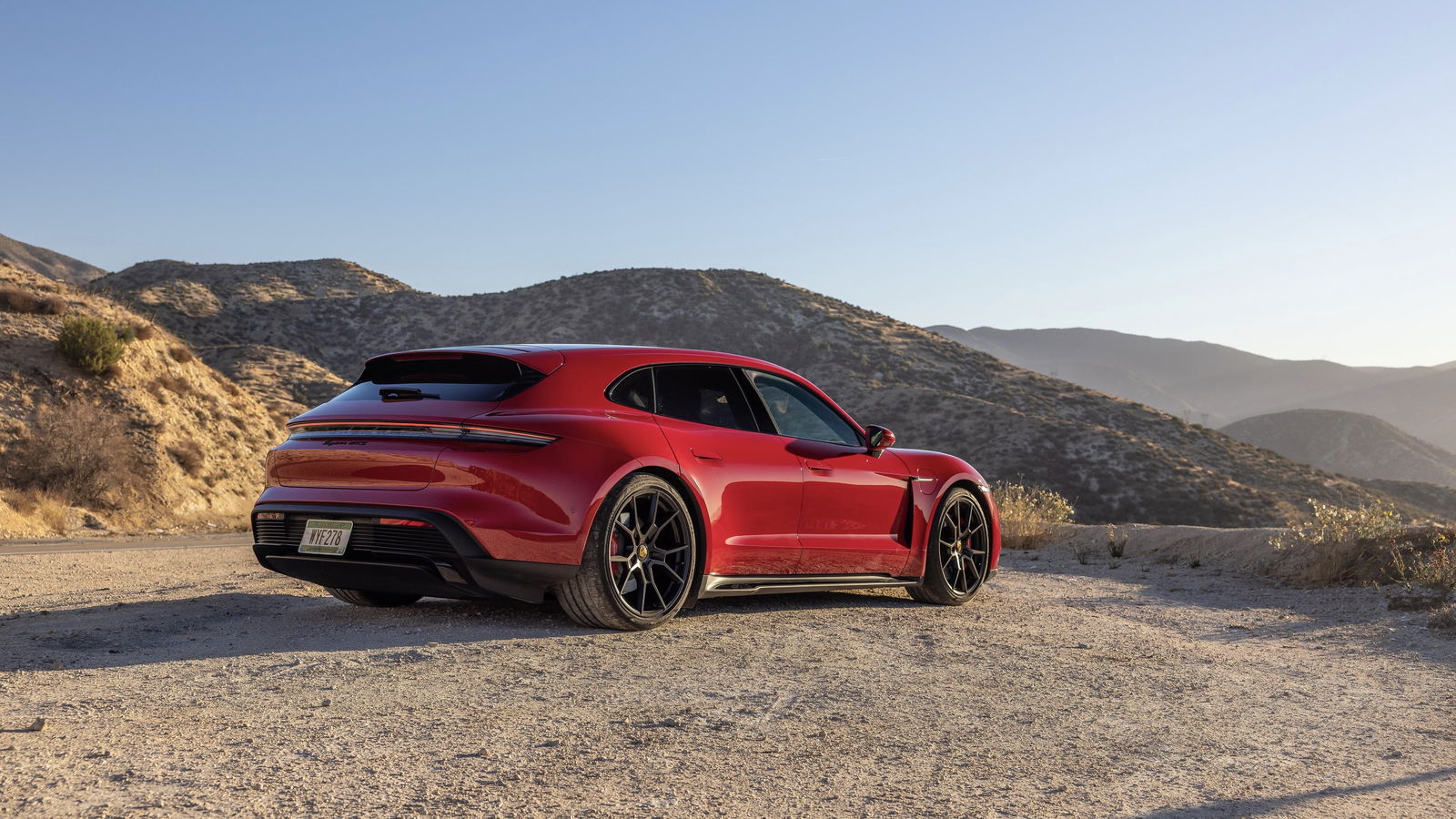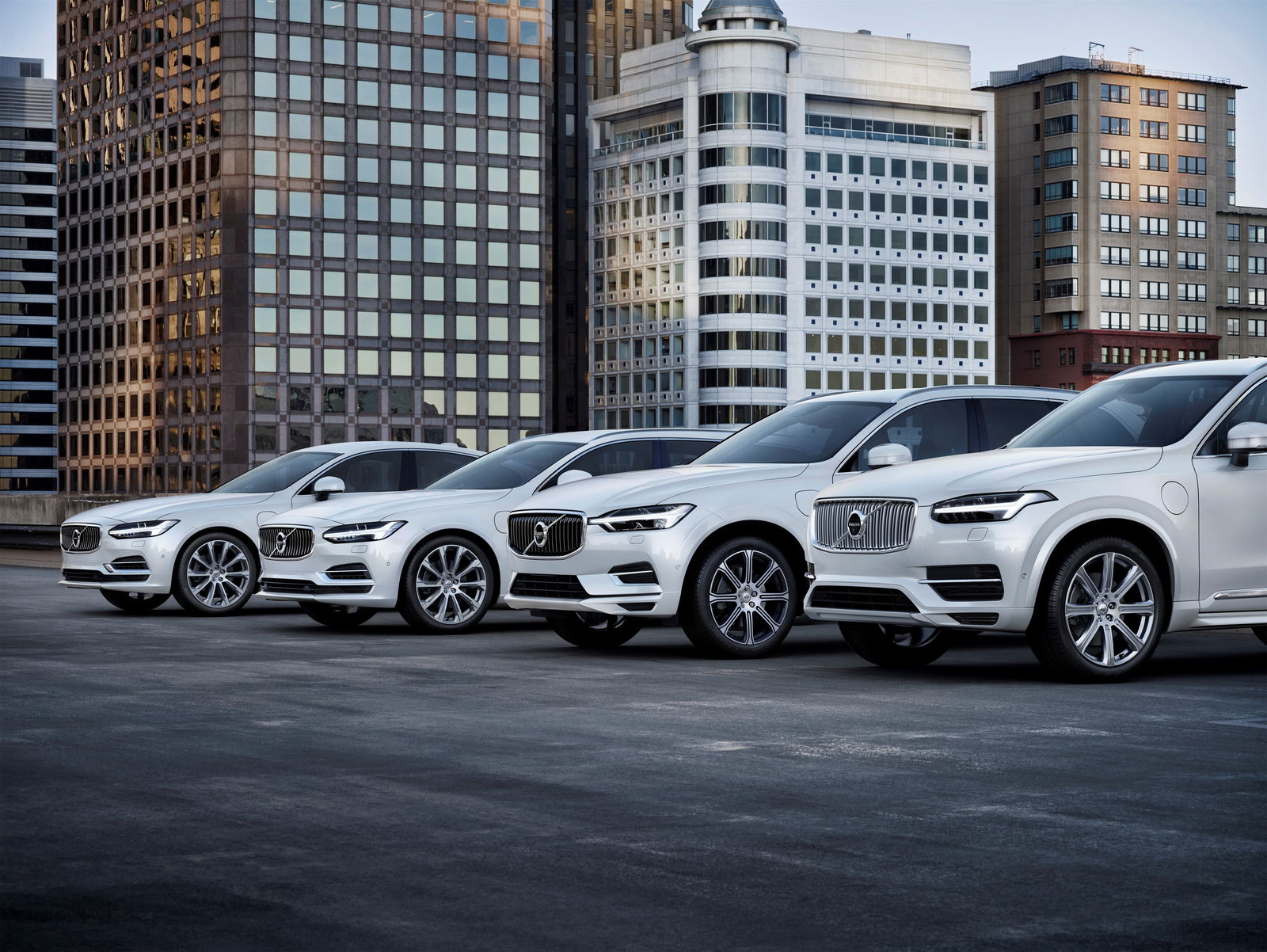UK Pushing Back Petrol And Diesel Car Ban By Five Years

In 2020, the UK pledged to end the sale of new petrol and diesel-powered cars by 2030, but that cut-off has been amended in a big U-turn from the Conservative government. Prime Minister Rishi Sunak confirmed in a speech that several green policies, one of which is the 2030 ban, will be tweaked with the aim of saving people money.
The ban will now instead take place in 2035, in line with EU nations. It’s unclear what this would mean for hybrid cars - partially combustion-powered cars that can travel “significant” distances were already going to be allowed beyond 2030 and up to 2035 before they too were due to go off sale.
With car manufacturers having long been planning for a 2030 ban, there’s already been backlash from some corners of the industry at the uncertainty. Lisa Branklin, chair of Ford UK, said:
“Our business needs three things from the UK government: ambition, commitment and consistency. A relaxation of 2030 would undermine all three. We need the policy focus trained on bolstering the EV market in the short term and supporting consumers while headwinds are strong: infrastructure remains immature, tariffs loom and cost-of-living is high.”

Meanwhile, Mike Hawes, chief executive of the Society of Motor Manufacturers and Traders (SMMT), said on BBC Radio 4:
“The government has backed the industry with investments into Tata’s battery plant in Somerset, Cowley for BMW, so we are questioning what is the strategy here, because we need to shift the mobility of road transport away from fossil fuels towards sustainable transport. We don’t quite know what’s going to happen now.”
Home secretary Suella Braverman has defended the plans, saying that the government remains committed to its 2050 net zero plans, but doesn’t want to “save the planet by bankrupting the British people”. She told Times Radio: “We’re only going to achieve that net zero target whereby people and the British people can go about their daily lives using their cars, using the facilities that are available to them, in a pragmatic way.”









Comments